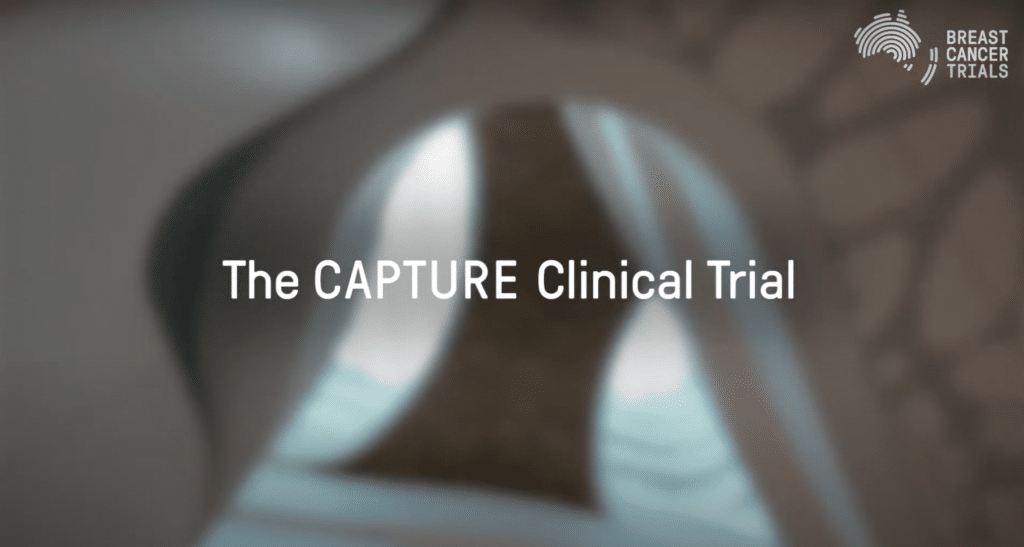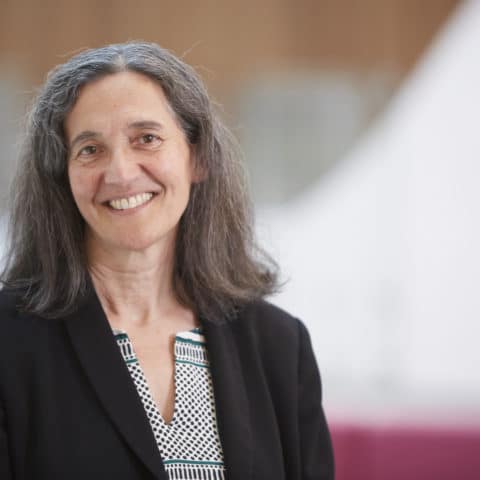- Research
- 2022-2026 Research Strategy
- Open Clinical Trials
- Closed Clinical Trials
- What is a Clinical Trial?
- Why Participate in a Clinical Trial
- Remote Telehealth Pre-Screening Process
- Research Achievements
- Publications
- Research Development and Funding
- Participating Institutions
- International Collaboration
- BCT Trials & Projects Summary
- Translational Research
- Clinical Fellowship Program
- International Fellowship Support
- Annual Scientific Meeting
- Travel Grants and Awards
- About
- Our Impact
- Fundraise
- Donate
- Researcher Login
- Cart
The CAPTURE Clinical Trial
About 70% of breast cancers are ER-positive. Endocrine (hormone) treatments for these cancers have been effective, but in advanced cancer, the cancer eventually becomes resistant to initial endocrine treatment and the treatment is no longer effective. Therefore, other ways of treating these resistant cancers are needed.
Previous research has shown PIK3CA gene mutations may play a role in breast cancer
becoming resistant to hormone treatments. It’s present in around 40% of patients with
hormone-receptor positive breast cancer.
The PIK3CA gene mutations provide us with a ‘marker’ – showing which women could benefit from different, more personalised treatment. The CAPTURE clinical trial will use a new liquid biopsy technique which is a simple blood test to identify women with the PIK3CA mutation.
The drug alpelisib is a class of drug called a PI3K inhibitor which can inhibit the growth and survival of cancer cells with a PIK3CA mutation. CAPTURE hopes to determine whether individuals with breast cancers that have the PIK3CA mutation will be more likely to benefit from treatment with alpelisib, in combination with fulvestrant, compared to standard treatment with capecitabine.
It is hoped that this treatment will slow down the growth of breast cancer and provide more treatment options for these patients.
The CAPTURE clinical trial involved 21 sites in Australia and was open to both men and women,

Professor Sarah-Jane Dawson is the BCT Study Chair of the CAPTURE Clinical Trial.






